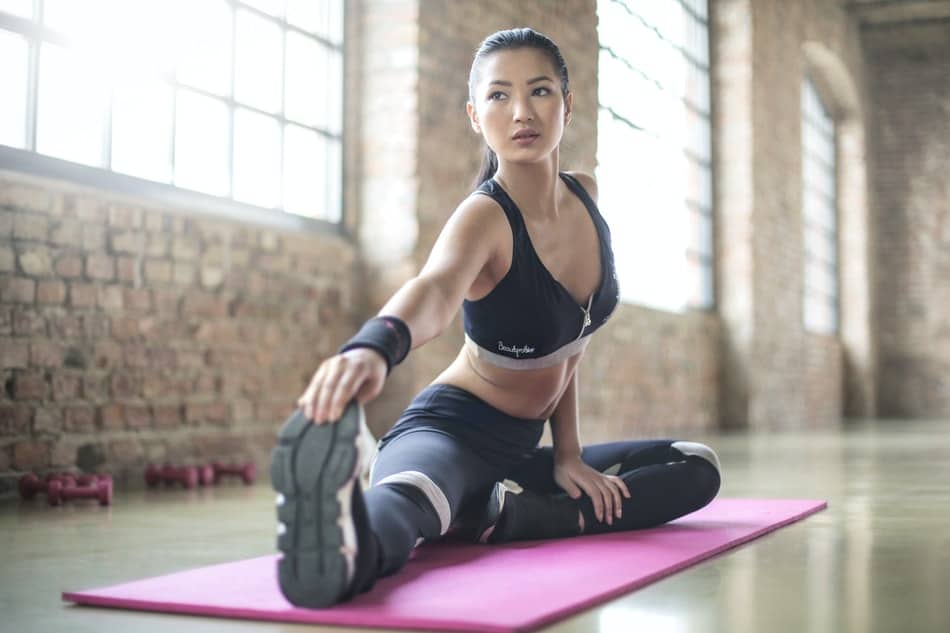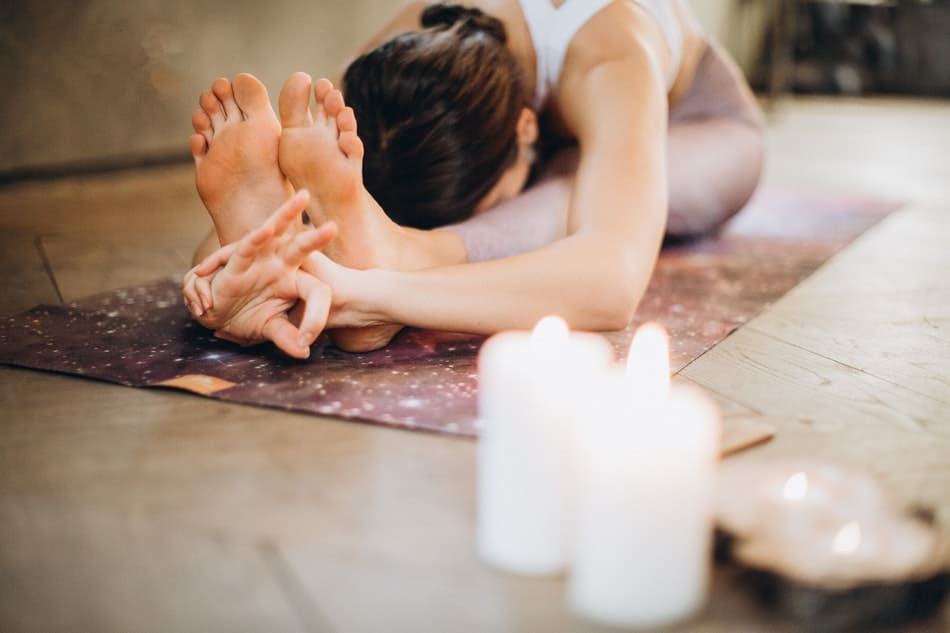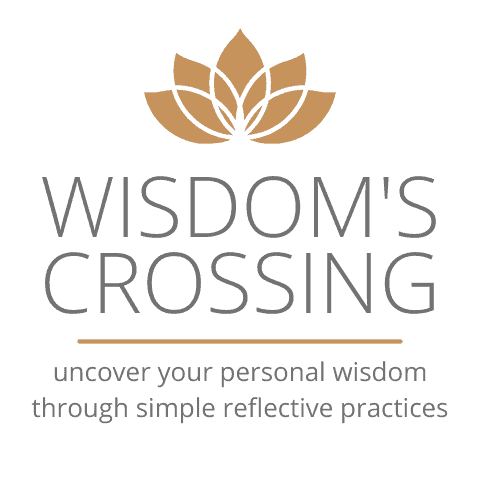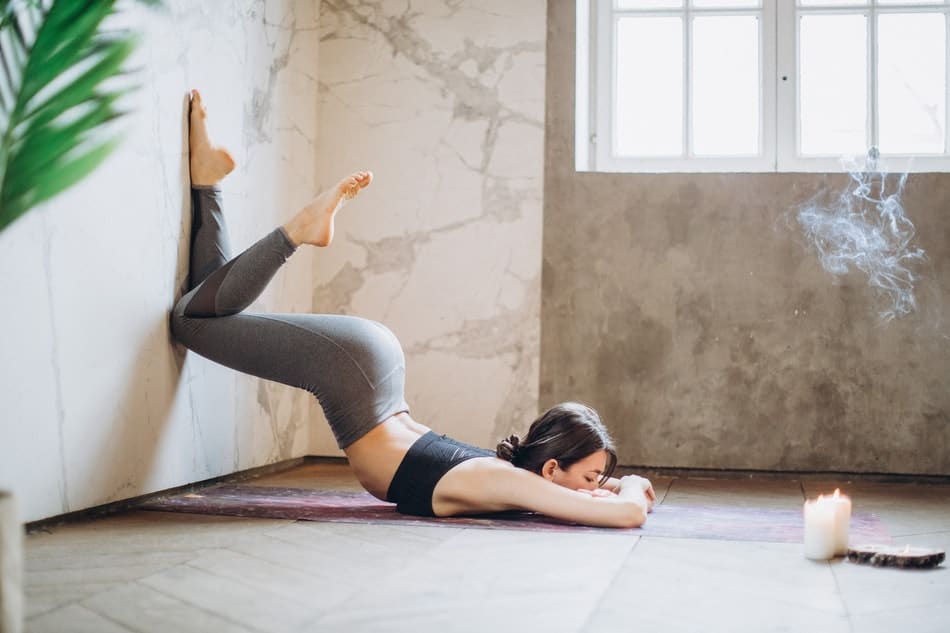Are you new to Yoga? Do you know the difference between these: Vinyasa vs Hatha vs Restorative yoga? If not, don’t worry – you’re not alone! I will break down the differences between these three popular types of yoga. Keep reading to learn more!
Vinyasa yoga is a flowing, dynamic style of yoga that emphasizes breath-synchronized movement. In contrast, hatha yoga is a more static form of yoga and it requires you to hold poses for longer times. Then restorative yoga is a relaxing form of yoga that uses props to support the body in passive stretches.
What Is Vinyasa Yoga?
Vinyasa yoga is a type of yoga that emphasizes movement and breath. In vinyasa yoga, each movement is synchronized with a breath. Vinyasa yoga is also sometimes called flow yoga, because of the continuous flow of movements.
Vinyasa yoga is a great workout for your whole body. It can help to improve your flexibility, strength, and stamina. Vinyasa yoga can also be very calming and relaxing. If you are looking for a challenging and exhilarating workout, vinyasa yoga may be right for you!
What Is Hatha Yoga?
This is a type of yoga that does more physical postures and breathing exercises. Hatha yoga is a popular form of yoga in the United States, and it is often taught in gyms, health clubs, and yoga studios.
Hatha yoga is a good way to improve your flexibility and strength. It can also help you relax and de-stress. If you are new to yoga, Hatha yoga may be a good place to start.
There are many different types of Hatha yoga classes available. Some classes focus on relaxation, while others focus on more active poses. You can find a class that’s right for you by checking out your local gym or community center, or by searching online for Hatha yoga classes.

What Is Restorative Yoga?
There are many different types of yoga, and each has its benefits. Restorative yoga is a type of yoga that is focused on relaxation and healing. This type of yoga can be helpful for people who are dealing with stress, anxiety, or pain. It can also be a good way to get some gentle exercise if you’re not up for something more strenuous.
Restorative yoga often uses props such as blankets and bolsters to support the body in each pose. This allows the muscles to relax completely, which can lead to a deeper sense of relaxation. The poses in restorative yoga are usually held for several minutes at a time.
Vinyasa vs Hatha vs Restorative Yoga: Key Differences
If you’re new to yoga, the different types of classes can be confusing. What’s the difference between vinyasa and hatha yoga? And what the heck is restorative yoga?
Here’s a quick rundown of the five main differences between these three popular types of yoga:
Vinyasa Yoga:
- Is a dynamic form of yoga that links breath with movement
- Tends to be faster-paced than other forms of yoga
- Can burn more calories than other forms of yoga
Hatha Yoga:
- Is a more static form of yoga, with fewer flowing movements than vinyasa -Can be a good choice for beginners who are still getting used to the basic poses
- Tends to be more meditative and relaxing than vinyasa yoga
Restorative Yoga:
- Is a very gentle form of yoga that is focused on relaxation
- Uses props such as blankets and bolsters to support the body in each pose
- Tends to be slower-paced than other forms of yoga
So, which type of yoga is right for you? If you’re looking for a workout, vinyasa or hatha yoga might be a good choice. If you’re wanting to wind down and relax, restorative yoga could be perfect. Ultimately, it’s up to you to decide what feels best for your body and mind. Experiment with different types of classes until you find one that you love!

Which One Is Best For A Beginner?
If you’re a beginner, the best type of yoga for you is probably vinyasa or hatha yoga. Vinyasa is a faster-paced class that will give you a good workout, while hatha is a slower-paced class that’s more focused on breathing and relaxation. Restorative yoga is also a good option if you’re looking for something relaxing and gentle. Whichever type of yoga you choose, make sure to start with a beginner’s class so you can learn the basics. And don’t forget to breathe!
So there you have it! Whether you’re looking for a workout or just want to relax, there’s a type of yoga that’s perfect for you. So what are you waiting for? Get on your mat and start practicing!
Tips On How To Get The Best Out Of Your Yoga Practice
When it comes to yoga, there are a few things you can do to make sure you get the most out of your practice.
- First and foremost, be sure to arrive early and warm up before your class. This will help prevent injuries and ensure that you’re able to get the most out of your session.
- Secondly, be sure to listen to your body and go at your own pace. There’s no need to push yourself harder than necessary – just let your body flow and breathe through the movements.
- Lastly, don’t forget to relax and enjoy yourself! Yoga is meant to be a calming, stress-free experience so make sure you take some time to savor it. By following these simple tips, you’ll be well on your way to getting the most out of your yoga practice.
Final Words
Vinyasa yoga, Hatha yoga, and Restorative yoga are all beneficial in their ways. It depends on the individual’s needs and preferences as to which type of yoga is best for them. However, one cannot go wrong with any of these three types of yoga. They each offer something unique and special that can help people in their journey towards better health and wellness. Whichever type of yoga you choose, make sure to practice regularly and mindfully to reap the most benefit from it.
Do you have a favorite type of yoga? Let me know in the comments below! And if you’re new to yoga, be sure to check out my beginner’s guide to get started. happy practicing! 🙂
Related Articles

